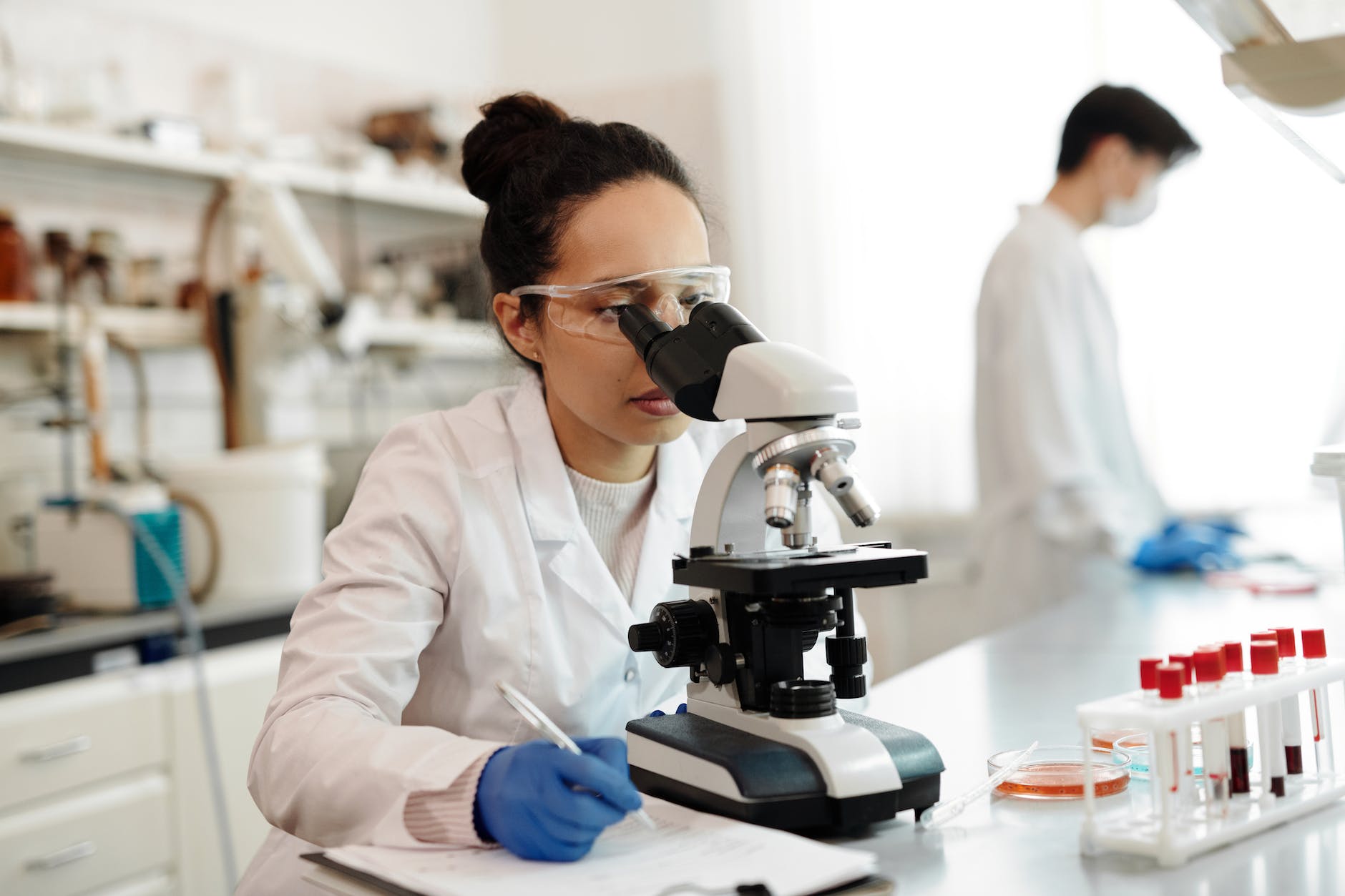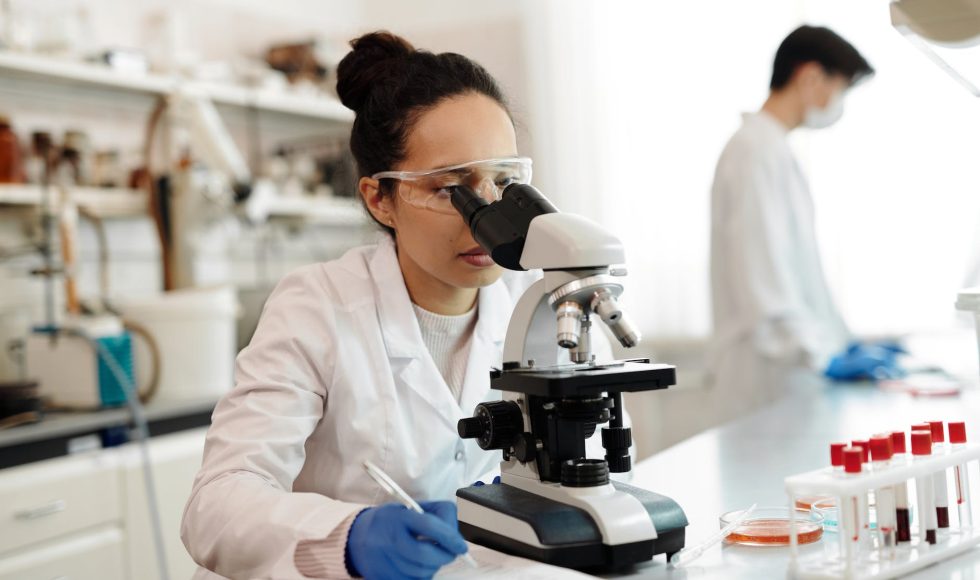“Microbrew. Implementing team science training in course-based undergraduate research experiences (CUREs)” was the session title I watched tonight. Anna C. Ward and Heather D. Vance-Chalcraft were the presenters. I know Vance-Chalcraft from citizen science work in the area. I also watched this session live, and it was good to return to it after a coupe of months. The first question Vance-Chalcraft asked was: what do you thik is “team science“? People shared in a chat waterfall collaborative research, science performed by more than one person… and many variations. Vance-Chalcraft explained that there is a science of team science that studies how teams work. The next question was: how do you think students feel about working in teams? Most responses in the chat were along the lines: they don’t like it or they don’t like it at first. Vance-Chalcraft noted that, to be fair, we don’t tream them in teamwork most of the time. The last question was: why might an emphasis on team science be beneficial? The participants noted that it is how we do science and a valuable professional skill. Vance-Chalcraft and Ward, her graduate student, wanted to address the question: does team science training facilitate development of transportable team competencies in undergraduates in CUREs? The rationale was that most of the team science research was done in human resources. Ward and Vance-Chalcraft implemented team science training into CUREs in biology, chemistry, engineering… They training the faculty and TAs. The training included two days of effective team training and conflict resolution. Students received team science guides and then teams completed communication and research plans. The assessment strategies include the validation of a team science survey and qualitative analysis. Vance-Chalcraft shared that their preliminary evidence is that the “team science training in CUREs may help develop transportable team competencies that facilitate research productivity and employability.” This work was supported by an NSF DUE grant. The project site also has guides and information about team science. They are working on validating the survey before publishing. They are also making the workshop/videos for training available on their project website. Teaching assistants are supported by the grant. Student feedback, Vance-Chalcraft shared, suggests the training sessions have helped them plan and be more productive. I need to look into the project and think about how to offer team science training as part of BIT 295!



